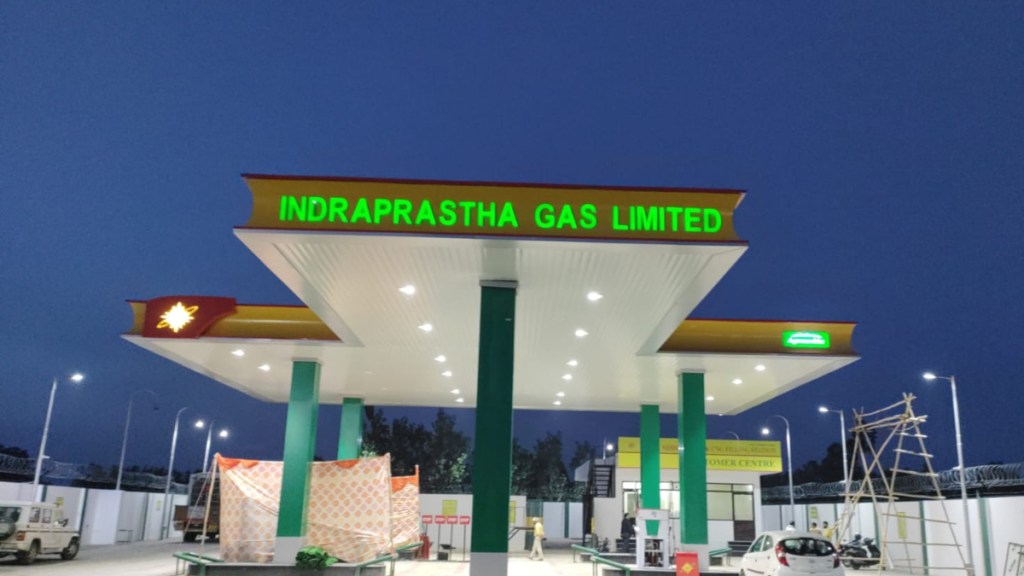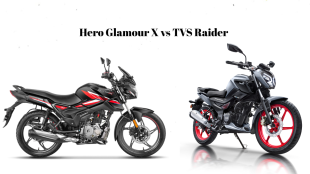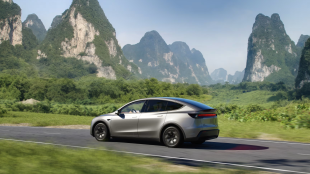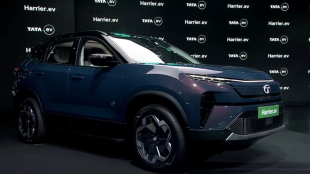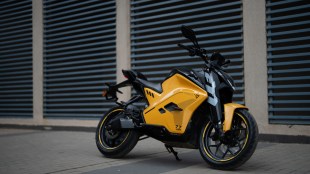Petrol and diesel prices are at an all-time high, and history has shown that these costs will likely continue to rise. Nowadays, there are many alternative fuel options like hybrid, electric vehicles, and CNG (Compressed Natural Gas). Among these, CNG has been around for some time and, after undergoing various trials and tribulations, has proven to be safe, fuel-efficient, and economical. Although CNG cars are priced slightly higher than standard petrol ones, the additional cost can typically be recovered within 2 to 3 years. Before you take the plunge and take your petrol car to the nearest official CNG dealer to get a kit retrofitted, there are some important things to remember.
1. Not all cars are compatible with CNG kit
Only petrol vehicles can accommodate a CNG kit, but not all cars can be adapted to CNG components. Older vehicles might not be able to switch to a CNG kit. After confirming that the car is compatible, the next step is to visit the Regional Transport Office to update the car’s registration card (RC). The fuel type mentioned in the RC needs to be changed, and only after that can you drive the vehicle once the documents are finalized.
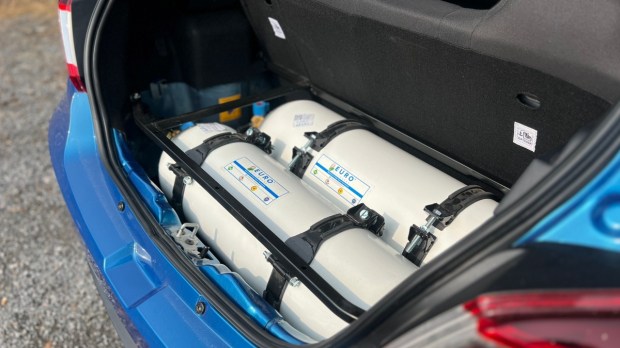
2. Company or aftermarket fitted CNG kit?
Factory-fitted CNG kits are more expensive, but they provide peace of mind as they come with an OEM warranty and are supported by the company’s service network. Like any vehicle purchased from an automobile manufacturer, CNG vehicles also receive complimentary service.
Aftermarket CNG kits are more affordable, and there are official CNG retro kit dealers available. However, concerns about safety, such as gas leakage, may arise. While the chances of issues are low, having a warranty from an OEM and a dealer can provide peace of mind. Installing a CNG conversion kit can cost up to Rs 60,000.
3. Higher car insurance premium
CNG fuel costs are lower than petrol, but the insurance premium is higher than for conventional fuels. It is important to inform the insurance company immediately after converting a car to CNG, as the current policy will not be legally recognized. This step should be done after updating the RC (Registration Certificate).
4. Long term environmental benefits
CNG is a cleaner fuel that emits lower levels of pollutants compared to petrol or diesel. It produces less carbon dioxide and nitrogen oxide, which helps reduce health issues like respiratory problems and asthma attacks.
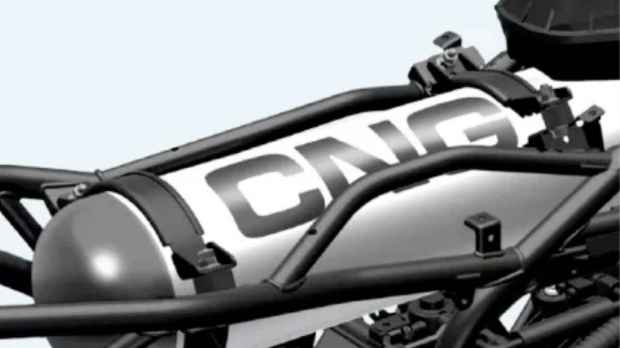
5. Efficiency at the cost of performance
CNG-powered cars are efficient, and the fuel costs significantly less than petrol. However, on the downside, CNG cars require more frequent servicing, and the boot space is reduced due to the CNG tank. Additionally, CNG vehicles lose out on performance, with initial acceleration being much more subdued compared to their petrol counterparts.
| City | Petrol | CNG |
| Delhi | Rs 94.72 per litre | Rs 76.59 kg/km |
| Mumbai | Rs 103.44 per litre | Rs 76 kg/km |
| Chennai | Rs 100.76 per litre | Rs 87.50 kg/km |
